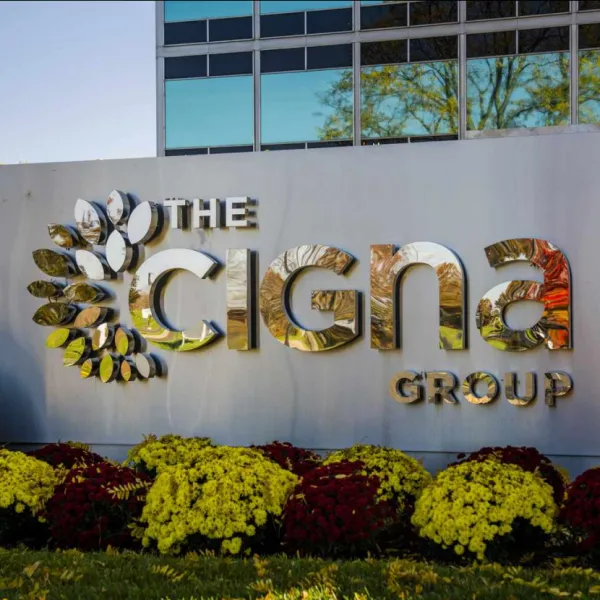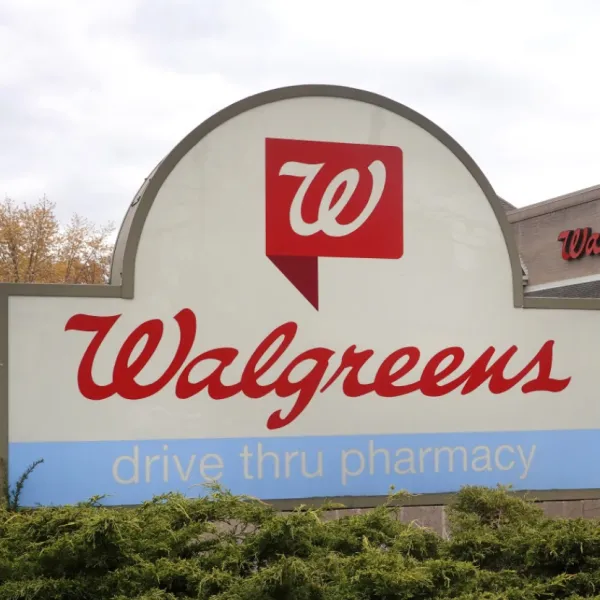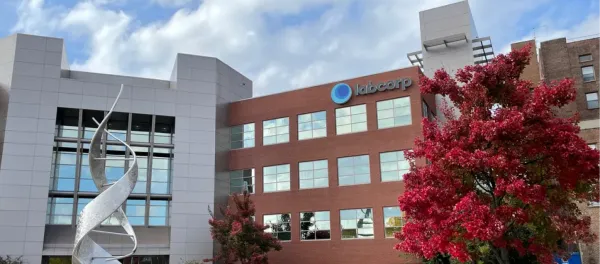Bankrupt Steward Health Puts its 31 US Hospitals Up for Sale Amid $9 Bn Debt Crisis

During a Houston court hearing on Tuesday, Steward's lawyers disclosed the company's dire finances and Chapter 11 restructuring plans.
In a bid to address its staggering $9 billion debt burden, Steward Health Care, a privately-owned healthcare company, has initiated the sale of all 31 of its hospitals across the United States.
The decision was announced during a court hearing in Houston on Tuesday, where Steward's attorneys disclosed the company's dire financial situation and outlined plans for restructuring under Chapter 11 bankruptcy protection.
Steward's bankruptcy filing comes in the wake of mounting financial pressures, exacerbated by the closure of a Massachusetts hospital earlier this year.
Massachusetts officials have criticized Steward's management, along with its former private equity owners, for prioritizing short-term financial gains over the quality of patient care.
Specifically, concerns have been raised regarding transactions that divested the company of its real estate assets, resulting in long-term rent obligations that further strained its financial resources.
Steward's Liabilities Revealed
Court documents filed before the hearing shed light on Steward's extensive liabilities, including $1.2 billion in loans, $6.6 billion in long-term rent obligations, nearly $1 billion in unpaid bills from medical vendors and suppliers, and $290 million in outstanding employee wages and benefits.
Despite these staggering figures, Steward's attorney, Ray Schrock, emphasized the company's underlying value, citing its $6 billion in annual revenue before filing for bankruptcy.
Steward had initially pursued the sale of its physician group, Stewardship Health Care, to UnitedHealth subsidiary Optum Care to avoid bankruptcy. However, regulatory hurdles delayed the transaction, prompting Steward to seek emergency financing, which ultimately proved insufficient to sustain its operations.
Schrock noted that the company remained perilously close to exhausting its cash reserves throughout this period of financial instability.
Emergency Financing & Asset Sales
During the court hearing, US Bankruptcy Judge Chris Lopez authorized Steward to borrow $75 million from Medical Properties Trust, a key creditor owed $6.6 billion in lease payments for the real estate housing Steward's hospitals.
Steward intends to utilize this financing to facilitate the sale of its hospitals, with auctions scheduled for June 28 for facilities outside of Florida and July 30 for those within the state.
Schrock stressed the importance of avoiding a rushed sell-off of assets, highlighting the substantial value inherent in Steward's hospital network.
Community Impact & Future Prospects
While Steward moves forward with its restructuring efforts, concerns linger over the potential impact on communities reliant on its healthcare services. With the fate of its hospitals hanging in the balance, Steward aims to navigate the bankruptcy process while ensuring continued access to essential medical care for patients across its network.
As the company grapples with the complexities of bankruptcy proceedings, the future of its healthcare facilities and the communities they serve hangs in the balance.
Five Major Healthcare Bankruptcies Signal Sector Turmoil
The healthcare industry experienced a surge in bankruptcies in 2023, with over 80 companies facing financial turmoil.
Among them, Envision Healthcare and American Physician Partners filed for Chapter 11 bankruptcy, citing mounting debt and challenges exacerbated by the COVID-19 pandemic.
Envision Healthcare, a staffing firm, struggled with declining patient volumes and regulatory changes, while American Physician Partners faced difficulties in securing sales amidst industry uncertainties.
Retail healthcare giant Rite Aid joined the ranks of bankrupt companies, seeking protection from substantial debt and legal battles related to opioid prescriptions. The company's restructuring efforts aimed to navigate competitive pressures and streamline operations amidst evolving consumer preferences.
Meanwhile, digital healthcare pioneers Babylon and Pear Therapeutics faced setbacks despite initial funding and innovative solutions.
Babylon's bankruptcy filings in the US and UK marked a significant setback for its AI-driven healthcare vision, while Pear Therapeutics' struggles with securing payer reimbursements highlighted challenges in the digital therapeutics landscape.
Stay tuned for more such updates on Digital Health News
































